Let's go on an Internet Roadtrip
Neal Agarwal on the website as a medium.
Today’s issue of PHONE TIME includes: If you can’t go on an IRL road trip this summer, go on an Internet Roadtrip.
Elsewhere online: the r/Snoo contest winners, college ambassador programs, and how brands’ Instagrams are incorporating retro tech.
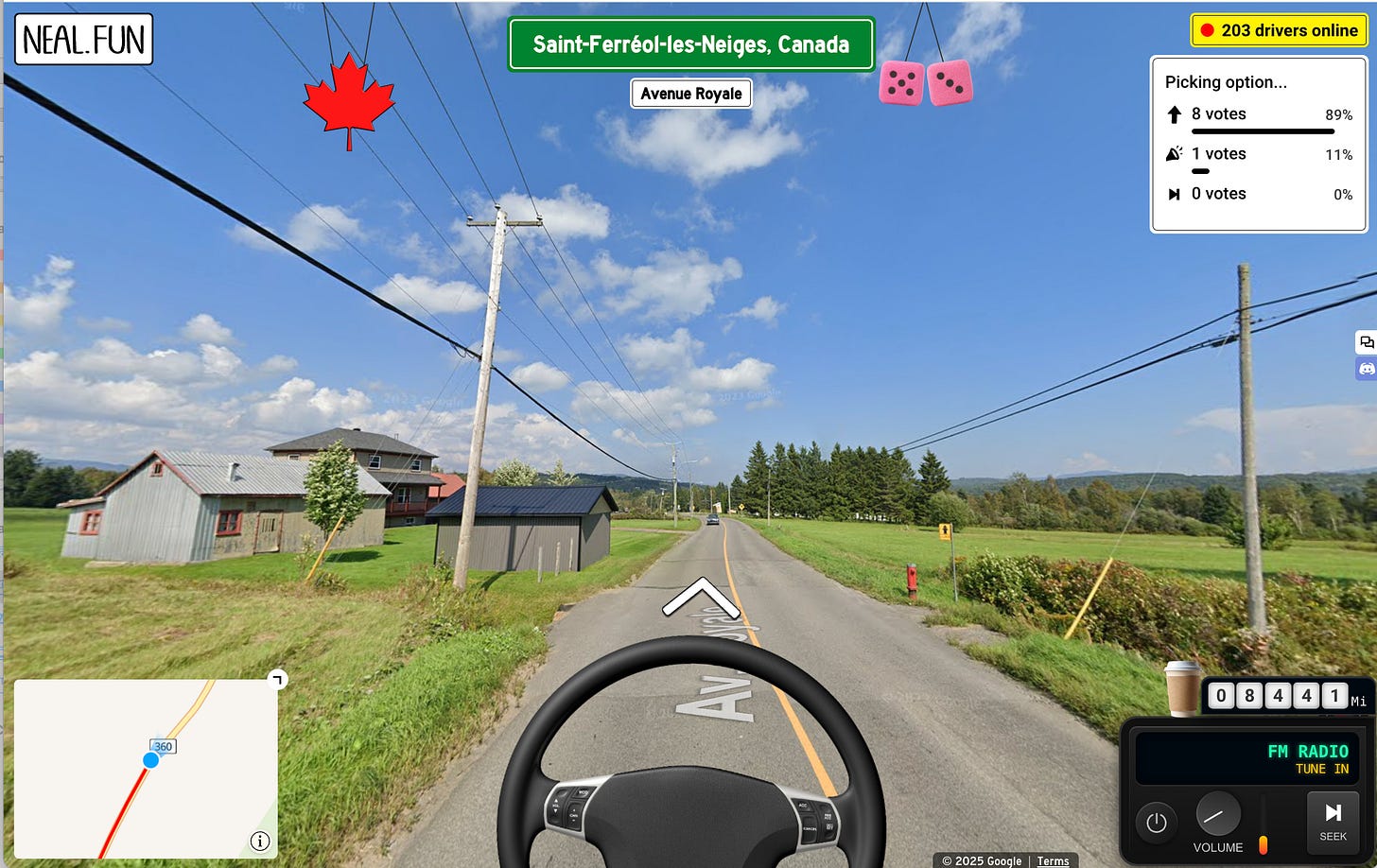
Neal.fun—the website home to Neal Agarwal’s games and other projects—is itself a great summary of his work. Through games like The Password Game, Infinite Craft, Stimulation Clicker, and most recently Internet Roadtrip, Agarwal shows that despite it all, we can still have fun on the internet.
Many of his projects have become online phenomena, with YouTube videos from players racking up millions of views. I met up with Agarwal for coffee this past week, and we chatted about his work, how he thinks about websites and games, and the future of the internet.
In Internet Roadtrip, launched in May, you and other players are in a virtual car via Street View, collectively voting on which direction to go. You can also vote to change the radio station or honk the horn. There’s even an air freshener.
Inspired by Twitch Plays Pokémon and r/Place, Agarwal wanted to create something where people could act collectively. Internet Roadtrip has, of course, taken on a life of its own. A side window displays a Discord chat where people discuss the journey underway with varying degrees of chaos. The site also drove a surge in traffic to Bowdoin College’s student radio station, WBOR.
In his work, Agarwal aims to create “tiny digital experiences” that capture the spirit of the old web while still offering something new. We talked about the web as a unique medium and how having your own website affords more control than relying on social platforms. Agarwal wants his work to feel like going down a rabbit hole.
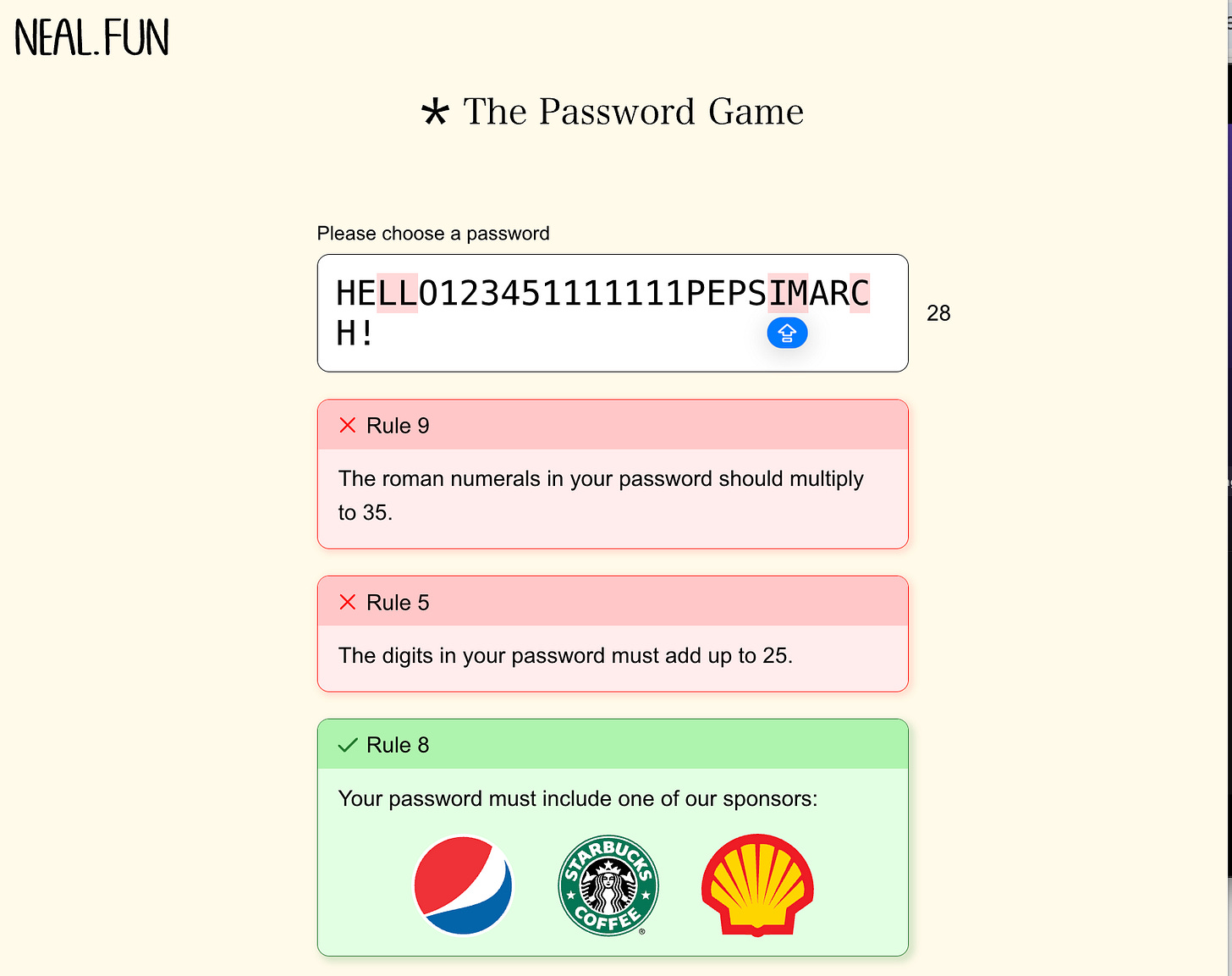
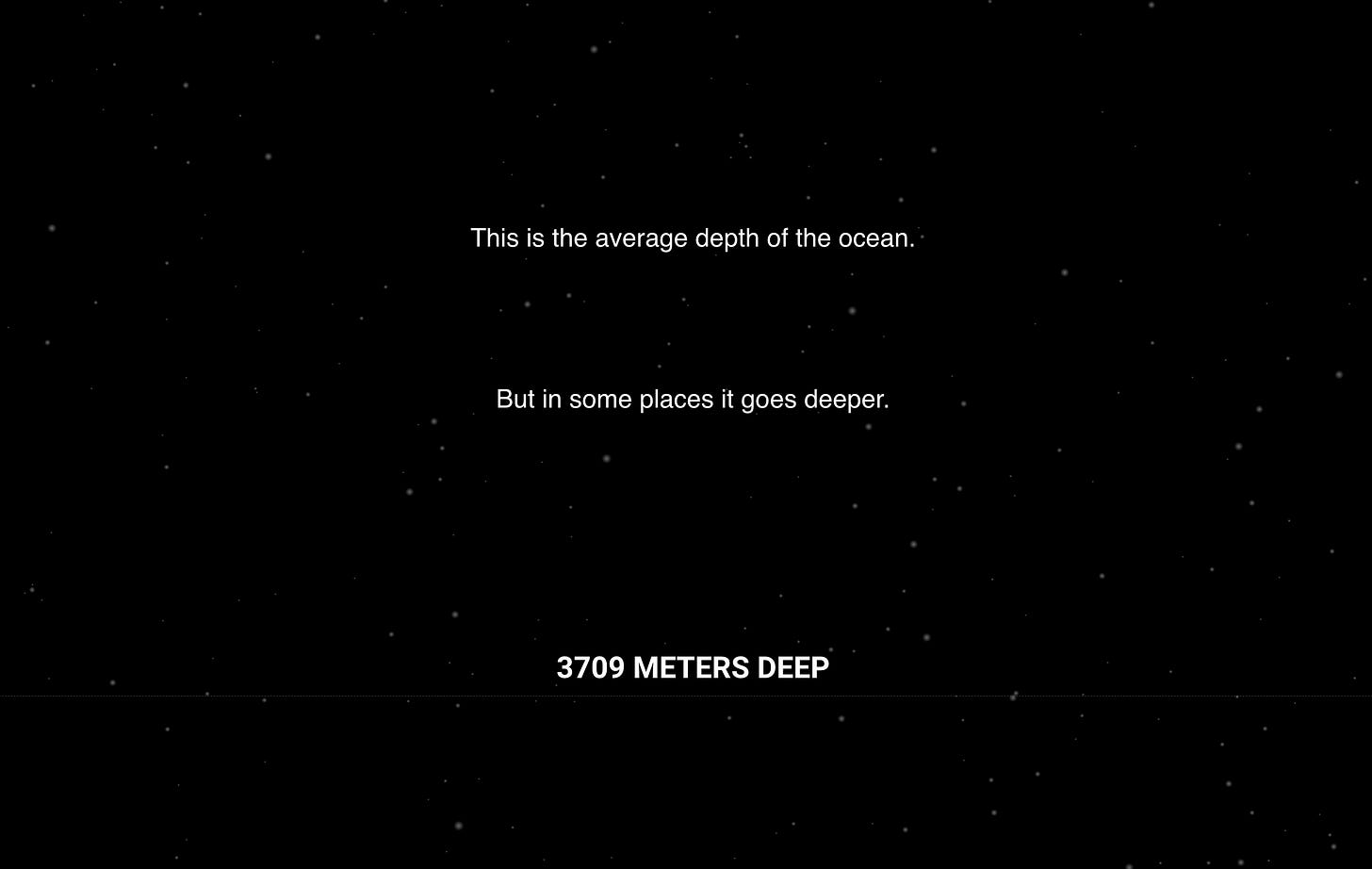
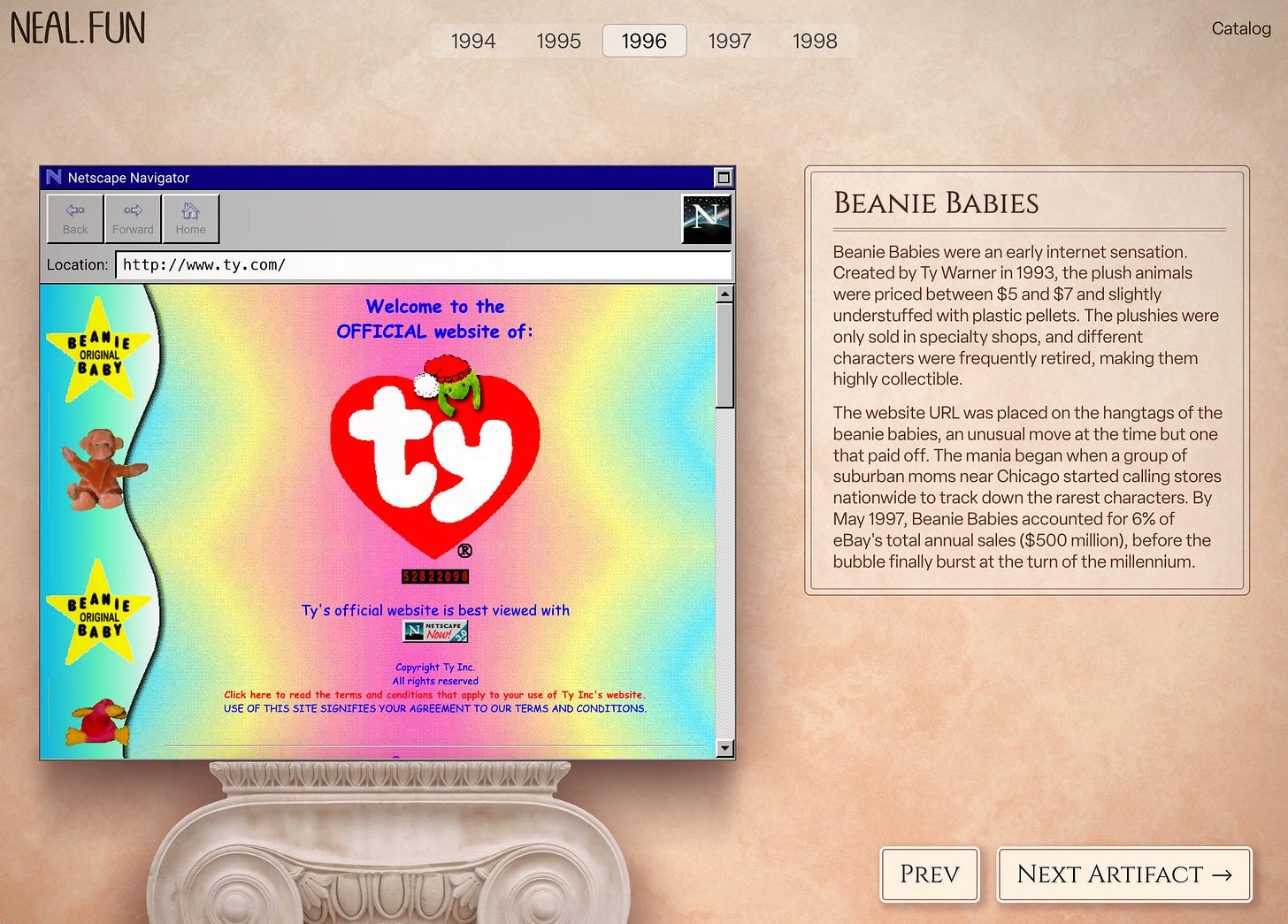
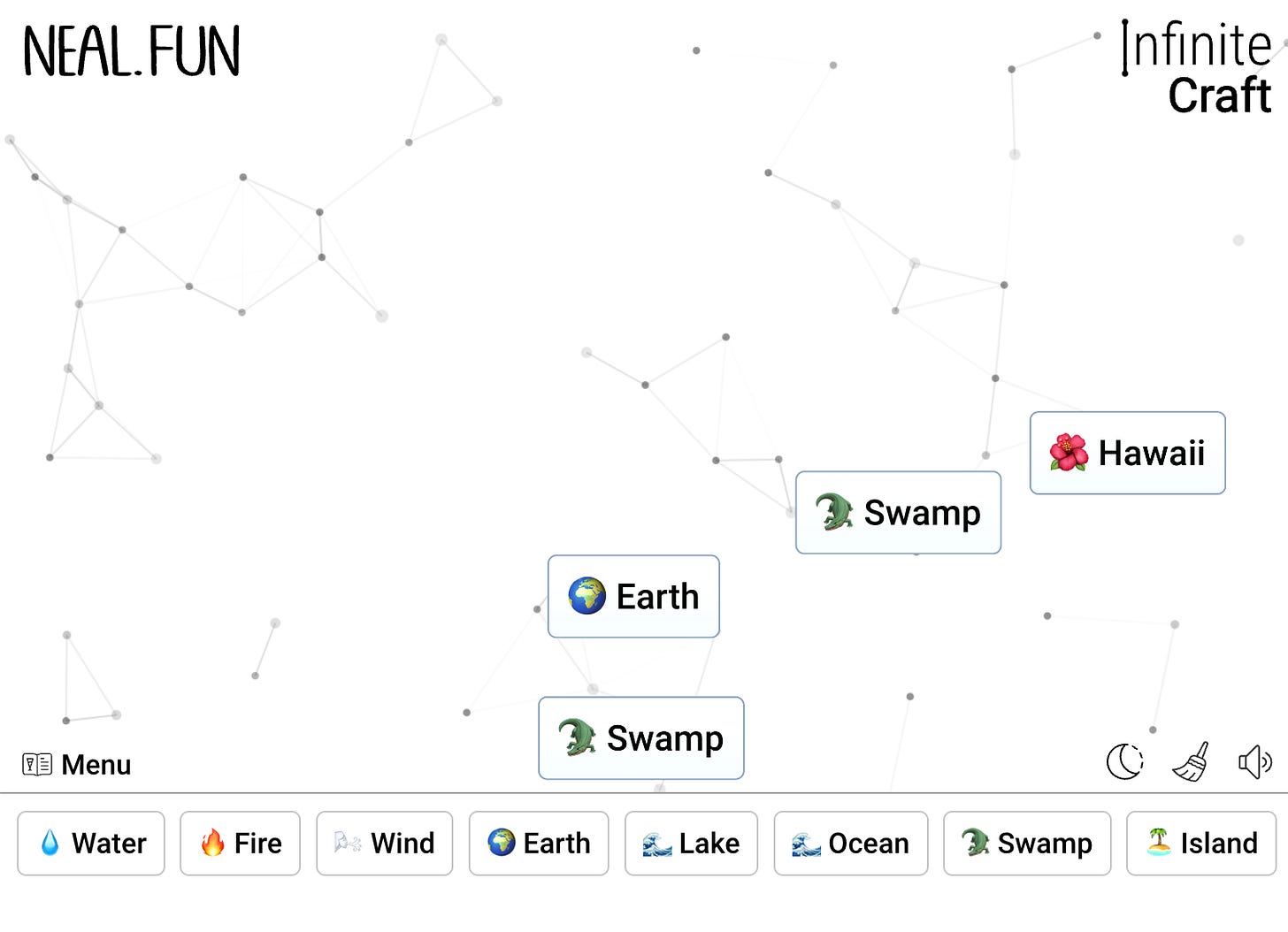
Agarwal draws inspiration from everywhere: books, movies, television. He keeps a running list with around 1,500 different ideas. Before landing on websites, he’d also experimented with other mediums, like music, animation, and drawing.
“Just as you express yourself through music or movies, you can express yourself through websites,” Agarwal said.
Internet Roadtrip also reminded me of one of my favorite computer memories as a child, which was playing the game Crosscountry USA in third grade technology class. In the game, you play as a truck driver picking up different commodities, while also accounting for practical needs like eating and getting gas.
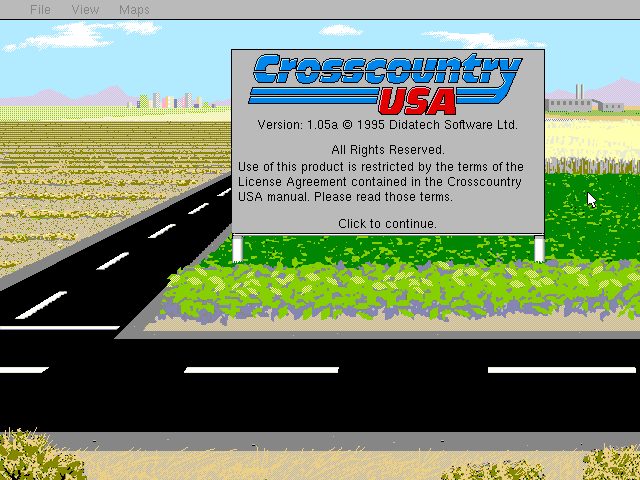
Elsewhere online
“Infinite Images: The Art of Algorithms” is at the Toledo Museum of Art until Nov. 30. The exhibition, curated by Julia Kaganskiy, aims to be “an accessible entry point into understanding and appreciating the many ways artists use generative systems and how this process challenges long-held beliefs about creativity, authorship, craft, and the perceived superiority of the physical art object.”
Poppi’s fall 2025 college ambassador program is accepting applications until July 14. The application is through Home From College, a platform connecting students with gigs, mostly in brand ambassadorship, content creation, or similar roles. Brands including Poppi, Unwell, Uber, and Edikted have continued to invest in campus ambassador programs and other forms of college marketing. Many, like Poppi and Edikted, invest in sorority partnerships as well. As I’ve written about before, college campuses have long been hotbeds for new social media apps and trends—hence why apps like BeReal or Sidechat are willing to invest heavily in campus marketing. Perplexity launched its inaugural campus strategist program in 2024.
r/Snoo’s 20th cakeday contest ten winners have been announced. Here are a few of the winners’ creations.
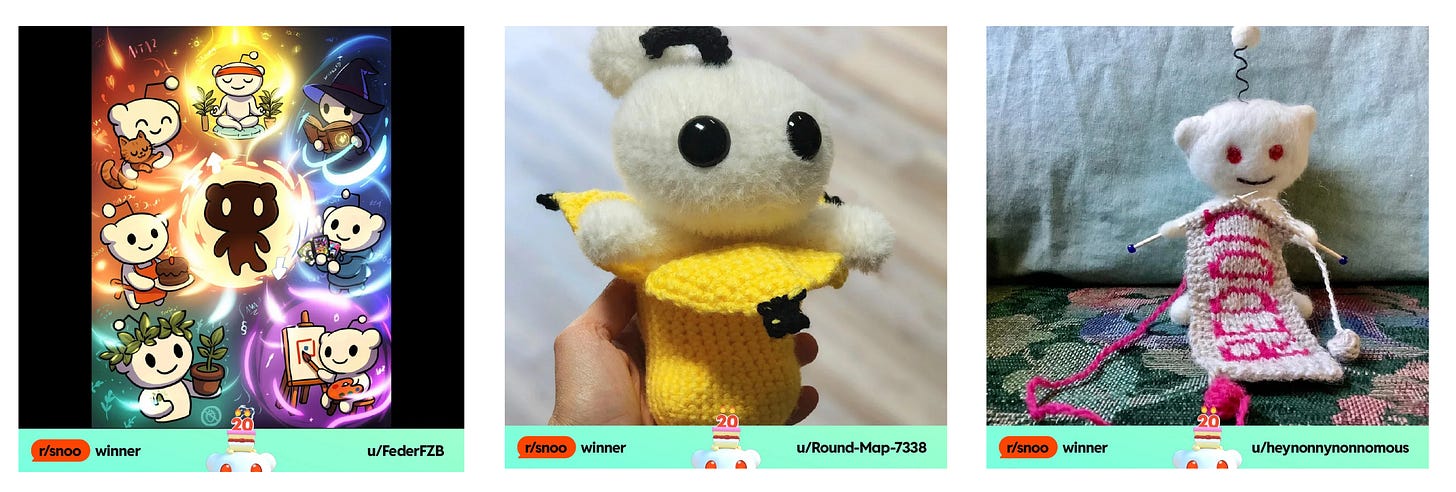
Snoo creations by u/FederFZB, u/Round-Map-7338, and u/heynonnynonnomous. The contest did not accept submissions generated using AI. I’ve been tracking the appearance of film and digital cameras, flip phones, and other “nostalgic” tech in branding. Vera Bradley and Tru Fru have incorporated flip phones and digital cameras into their Instagram posts. Poppi had an advice hotline using a flip phone. Glossier included a View-Master-like slide viewer in mailers for its new body spritzes—the brand previously sold a cell phone key chain and laptop compact mirror.
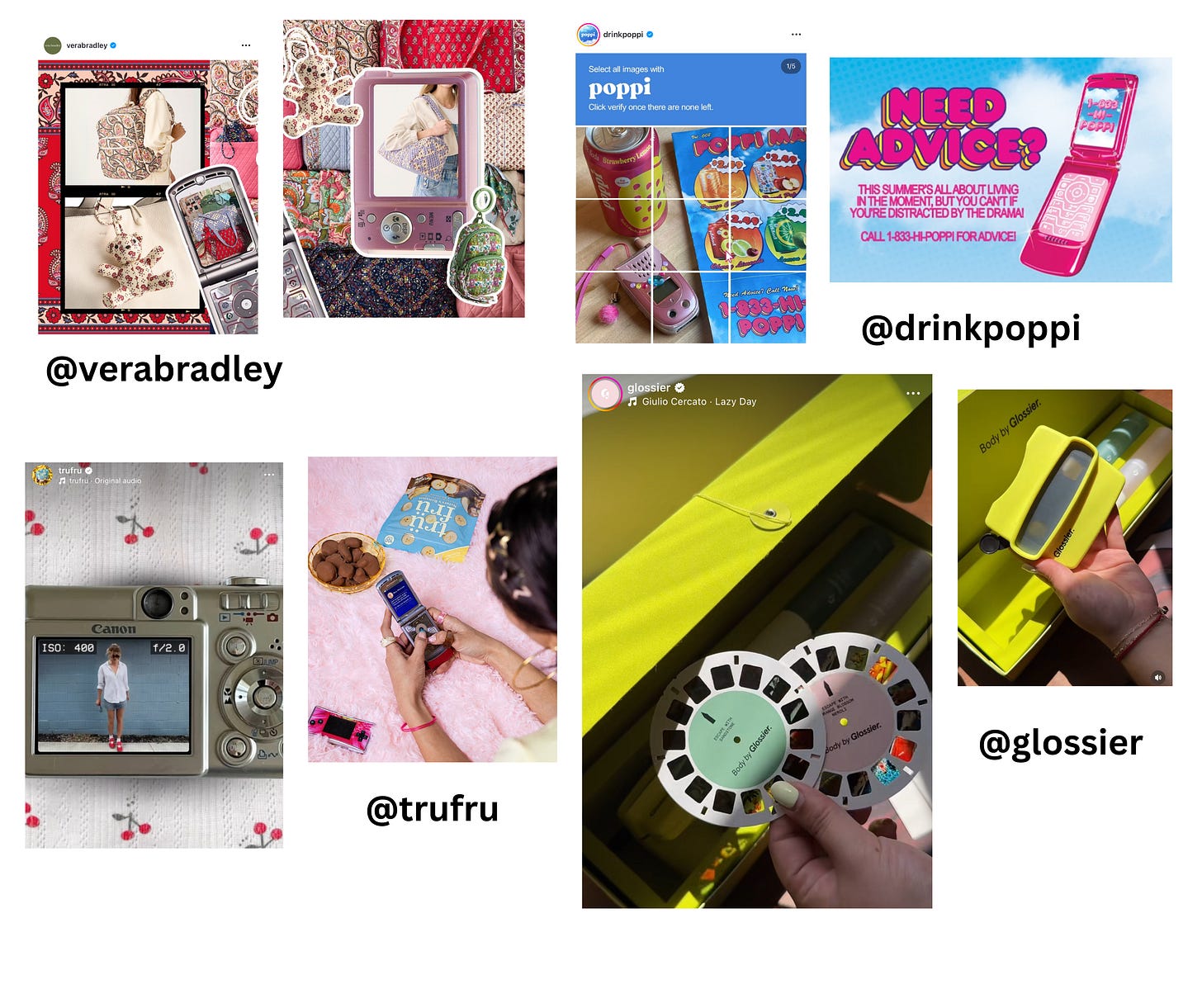
I wrote more about offline objects as an online aesthetic here. / Via @verabradley, @drinkpoppi, @trufru, @glossier Vera Bradley also made a “digital throwback magazine” for its fall collection, with creator Kate Steinberg as the cover star. The magazine cover was laid out via nine posts on the brand’s Instagram grid.
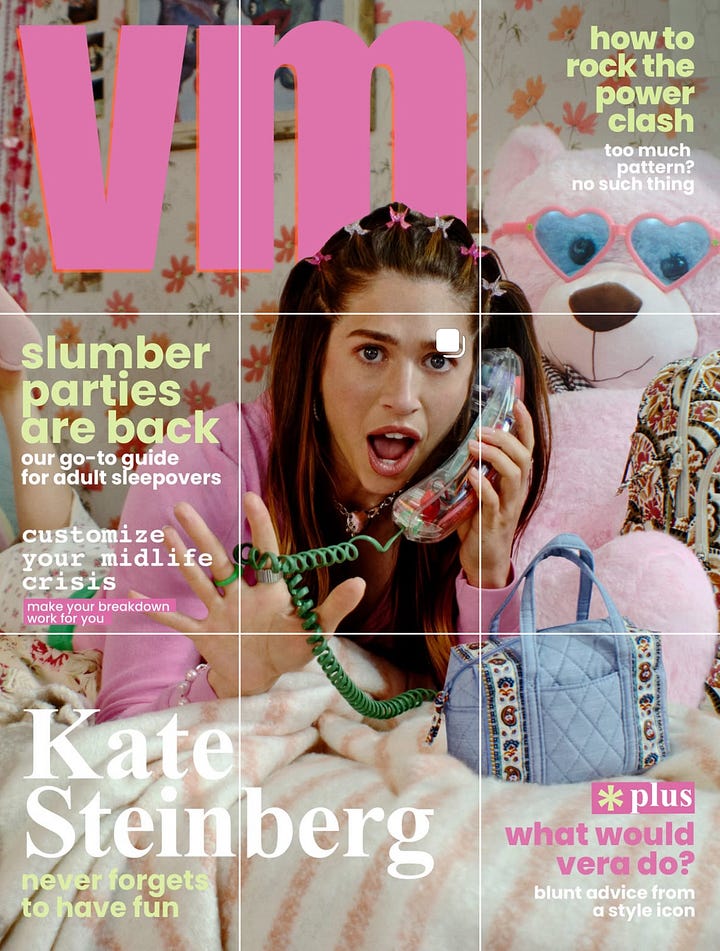
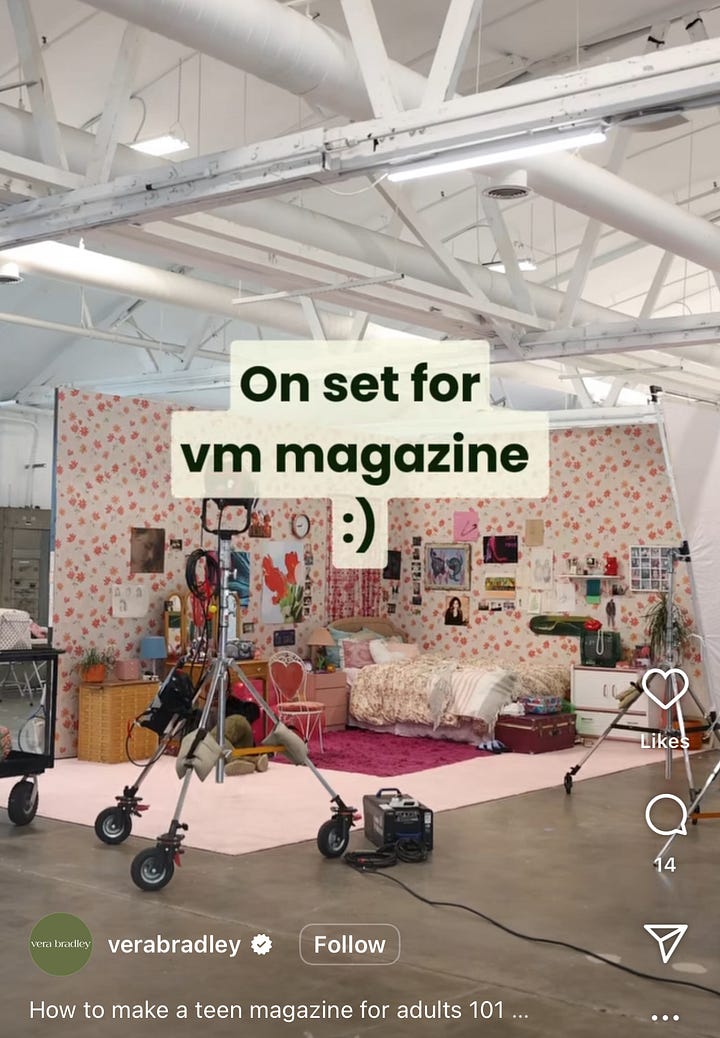
Steinberg has amassed over two million followers on TikTok through content about the 2000s. / Via @verabradley


